Word "Sanctions" is displayed on EU and Russian flags in this illustration taken, February 27, 2022. REUTERS/Dado Ruvic/Illustration/Files
(Reuters) - The European Union has adopted a 15th package of sanctions against Russia over its invasion of Ukraine, including tougher measures against Chinese entities and more vessels from Moscow's so-called shadow fleet, the EU Commission said in a statement on Monday.
The new sanctions package adds 52 vessels from the shadow fleet that try to circumvent Western restrictions to move oil, arms and grains. It brings the total listed to 79.
The EU began adding ships earlier this year in response to an increase in the number of vessels transporting cargoes that are not regulated or insured by conventional Western providers. The listing included vessels that delivered North Korean ammunition to Russia.
The new restrictions add 84 new individuals and entities, including seven Chinese persons and entities.
"Namely one individual and two entities facilitating the circumvention of EU sanctions, and four entities supplying sensitive drone components and microelectronic components to the Russian military," the statement said, referring to the Chinese listings.
The Chinese additions will be the first fully-fledged sanctions on the country that include a travel ban and asset freeze.
"The step to fully-fledged sanctions sends an important signal to the Chinese. We take this very seriously," an EU diplomat said.
EU sanctions chief David O'Sullivan and Ukrainian officials have pointed to China as the main route for sales of foreign technology to Russia.
Diplomats said the previous Chinese listings in Russian sanctions packages only involved export controls, rather than a overarching sanction.
In addition, the list includes senior managers in Russia's energy sector, two senior North Korean officials as well as 20 Russian companies and entities in India, Iran, Serbia and the United Arab Emirates.
EU countries added some financial measures to ease the burden on EU central securities depositories, such as Belgium's Euroclear, when they handle Russia's immobilised central bank assets. Earlier this year, the Group of Seven (G7) nations agreed to use the over $300 billion in frozen funds to back a $50 billion loan for Ukraine to help it fight Russian forces.
The Commission is preparing a 16th package of sanctions for January, which may include wider measures such as on Russian liquefied natural gas and export limits on EU companies' subsidiaries in third countries, sources told Reuters.
(Reporting by Julia Payne; Editing by Ros Russell)

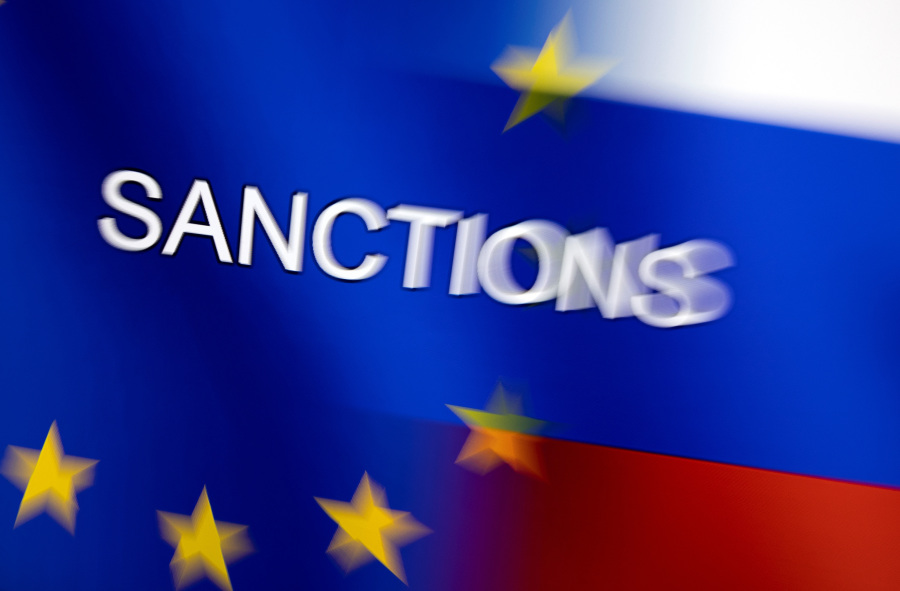
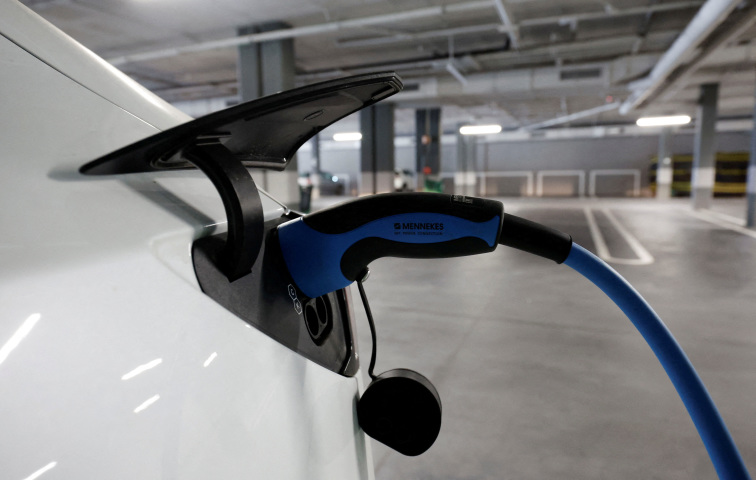
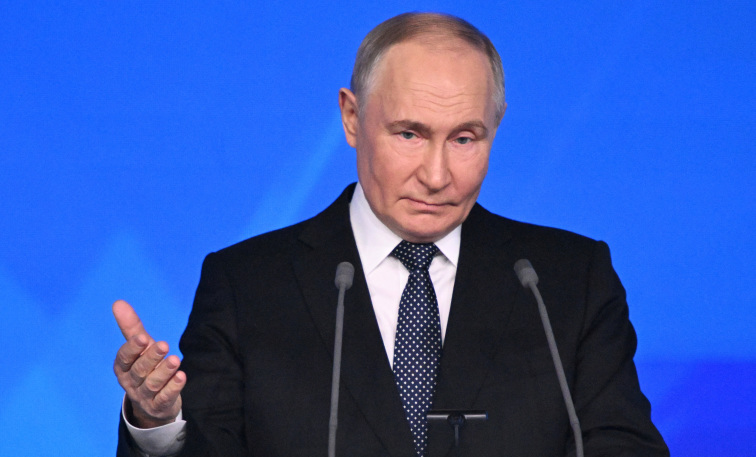



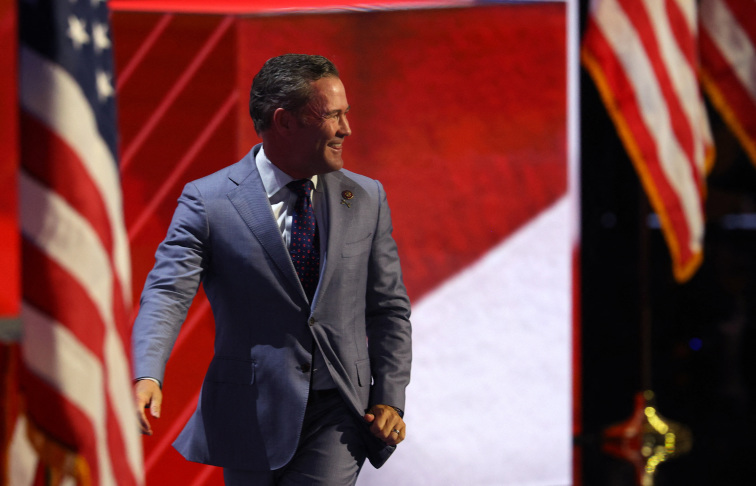

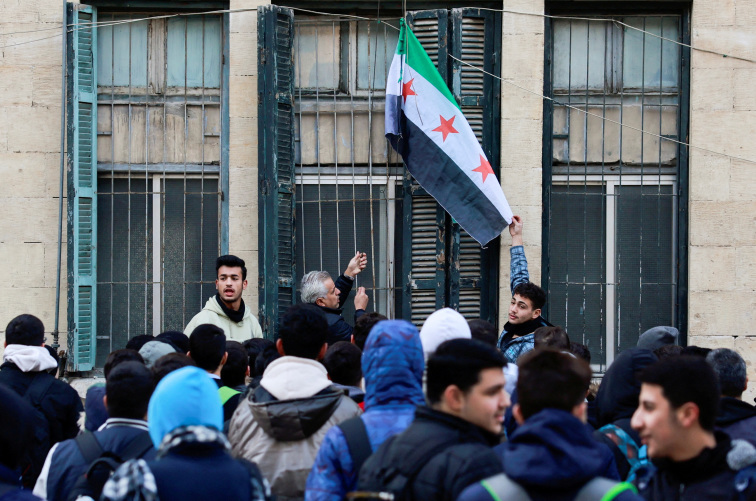

News magazine bootstrap themes!
I like this themes, fast loading and look profesional
Thank you Carlos!
You're welcome!
Please support me with give positive rating!
Yes Sure!